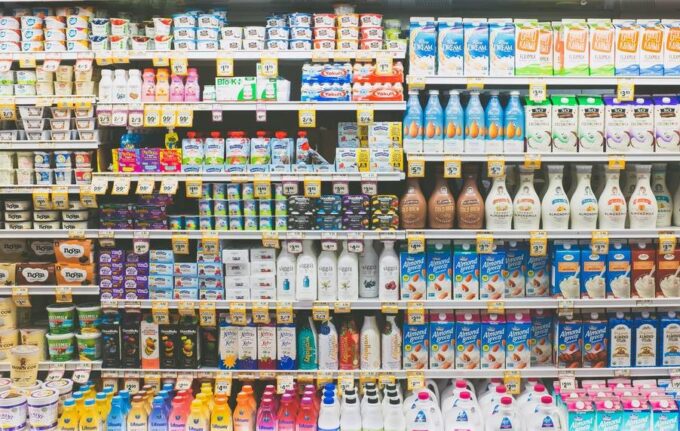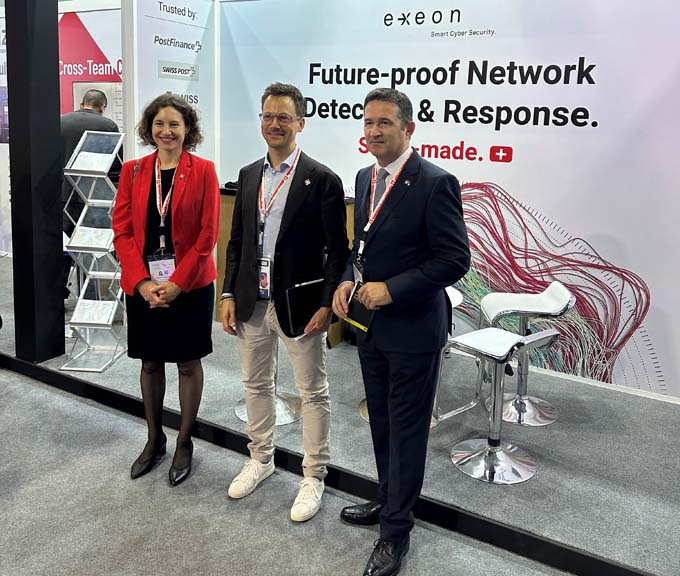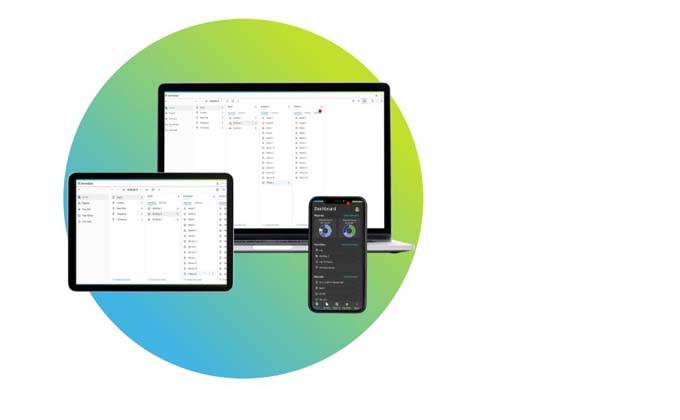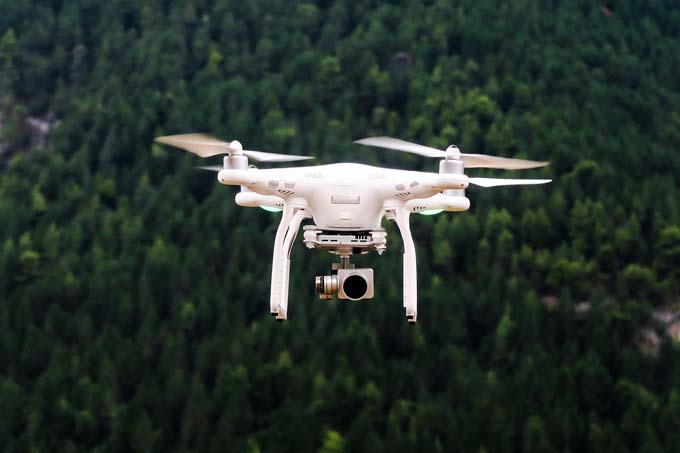EU standards to reduce energy consumption of household appliances
Materials researchers have also contributed to the new EU standards. New regulations will soon apply to refrigerators, washing machines, dishwashers, televisions and lamps in the EU in order to further reduce the consumption of electricity and water.

The European Commission has published EU standards for refrigerators, washing machines, dishwashers, televisions and lamps before the end of December 2019. Under the leadership of the Federal Ministry for Economic Affairs and Energy, the Federal Institute for Materials Research and Testing (BAM) as well as the Federal Ministry for the Environment, Nature Conservation and Nuclear Safety and the Federal Environment Agency have collaborated on the measures.
Ecodesign Directive
Within the EU, the Ecodesign Directive regulates the minimum requirements for the environmentally compatible design of products relevant to energy consumption, and labels with the familiar coloured scale provide information on the energy efficiency class.
Household electrical appliances that are produced or imported for the European market from spring or autumn 2021 onwards will have to further reduce their energy consumption in the future. For the first time, the regulations also include requirements for reparability and recyclability. This is intended to extend the service life of the appliances and facilitate their maintenance, reuse and recycling.
Manufacturers are also required to keep many spare parts for up to ten years after a model was last placed on the market, as well as repair instructions.
In the interests of efficiency
From March 2021, refrigerators, washing machines, tumble dryers, dishwashers, monitors and televisions and, from September 2021, lamps will be identified with a new energy label.
The "plus classes" disappear and the scale again ranges from A to G. The efficiency class A remains free for the time being. An incentive for manufacturers to return to the top class through further innovations in the coming years. The familiar colour gradation from red to dark green will be retained in a new design. A QR code will be part of the labels: This means that in future it will be possible to read out additional information on the respective device using a smartphone.
"The Ecodesign Directive continues to be a European success story in terms of energy savings and now also in terms of resource efficiency. The new ambitious requirements ensure that all actors in the European Union act according to the same rules and that the circular economy is driven forward," says Dr Floris Akkerman, Head of the Ecodesign and Energy Labelling Unit at BAM.
According to the EU Commission's estimate, the new regulations will save around 167 terawatt hours of energy per year by 2030. This corresponds to Denmark's annual consumption or over 46 million tonnes of CO2.









